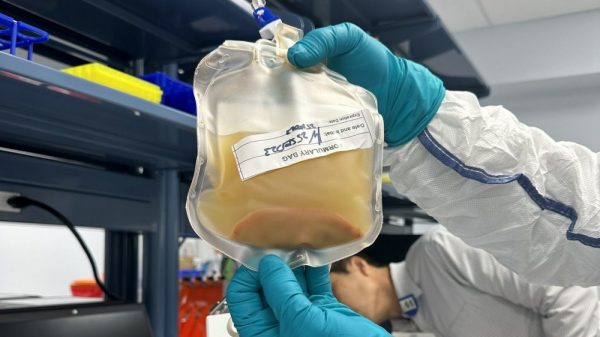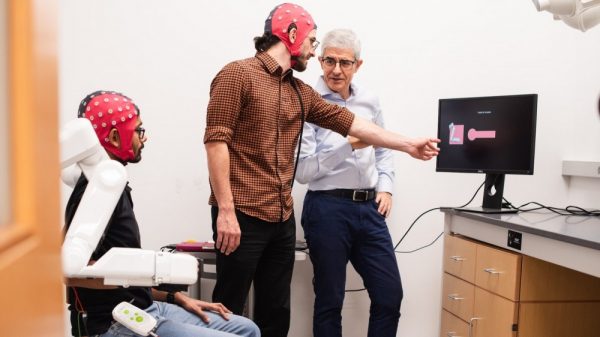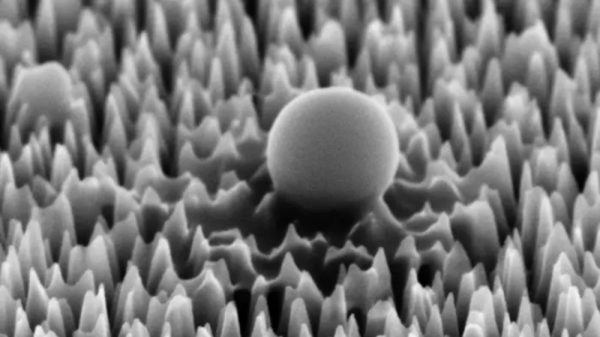Overweight or obesity is an increasing menace in today’s world. This condition is mostly caused because of unhealthy food that has become a staple for many people. Apart from an increased risk of heart diseases and many other ailments like diabetes and erectile dysfunction, a condition that can happen because of obesity is Obesity Hypoventilation Syndrome also known as Pickwickian Syndrome.
In this condition the person suffering has lower levels of oxygen and higher lev els of carbon dioxide which leads to breathing troubles. This issue also affects the sleeping of people because they stop breathing during sleep known as obstructive sleep apnea. This condition should be immediately addressed because failing to do so can ultimately lead to death. Obesity Hypoventilation Syndrome is said to be combined of conditions such as obesity, hypoxia and hypercapnia.
Symptoms of Obesity Hypoventilation Syndrome
One of the primary symptoms of Obesity Hypoventilation Syndrome is obstructive sleep apnea which means that there are frequent instances during the sleep when the breathing stops which interrupts the sleep. Another symptom of Obesity Hypoventilation Syndrome is increased sleepiness which occurs because of increased levels of carbon dioxide in the blood and because of less sleep during the night. Some other signs of Obesity Hypoventilation Syndrome are high blood pressure and depression which become hard to treat with medicines. Increased carbon dioxide levels are also attributed to increased headaches.
Diagnosis of Obesity Hypoventilation Syndrome
Initially when testing for Obesity Hypoventilation Syndrome, the first thing that’s checked is the Body Mass Index (BMI) and the carbon dioxide levels in the body. The BMI is a simple test which measures how much a person is obese based on his height. Generally who have a BMI above 30 kg/m2 are more susceptible to having Obesity Hypoventilation Syndrome. The carbon dioxide levels are also measured by the method of arterial blood gas.
Another test known as polysomnography is done which identifies the different sub types. It is type of measurement study which is undertaken when a person is asleep. The tests include measuring the electrical activity of the brain while the person sleeps known as electroencephalography (EEG), measuring heart levels (ECG) and gauging the oxygen levels. Other tests that are carried out are CT and CAT scan of the lungs.
Treatment of Obesity Hypoventilation Syndrome
The primary treatment for people with Obesity Hypoventilation Syndrome is weight loss therapy which includes exercise, diet and medicine use. People who are severely obese may have to undergo bariatric surgery for losing extra pounds. Most of the time this treatment has been beneficial for patients in reducing the effects of Obesity Hypoventilation Syndrome, but it does not assure success every time.
Another popular treatment for Obesity Hypoventilation Syndrome is CPAP (continuous positive airway pressure). This treatment is mainly use to ease the symptoms of obstructive sleep apnea. CPAP is performed by placing a mask on the mouth, nose or both which provides ventilation to the patient during sleep. Obstructive symptoms such as snoring and apnea have reduced in about 50% of the cases.
There have been studies regarding the use of drugs such as medroxyprogesterone and acetazolamide in people with Obesity Hypoventilation Syndrome, but these have not been widely researched and thereby not recommended for use.
Prognosis
Obesity Hypoventilation Syndrome causes healthcare costs to rise incredibly because of regular visits to the hospital for treatments and hospital stays. Obesity Hypoventilation Syndrome could also occur together with conditions like type 2 diabetes and asthma. The treatment should be taken immediately for this condition because the more you delay the treatment, higher the risk of death.
Share this content:




















Post Comment